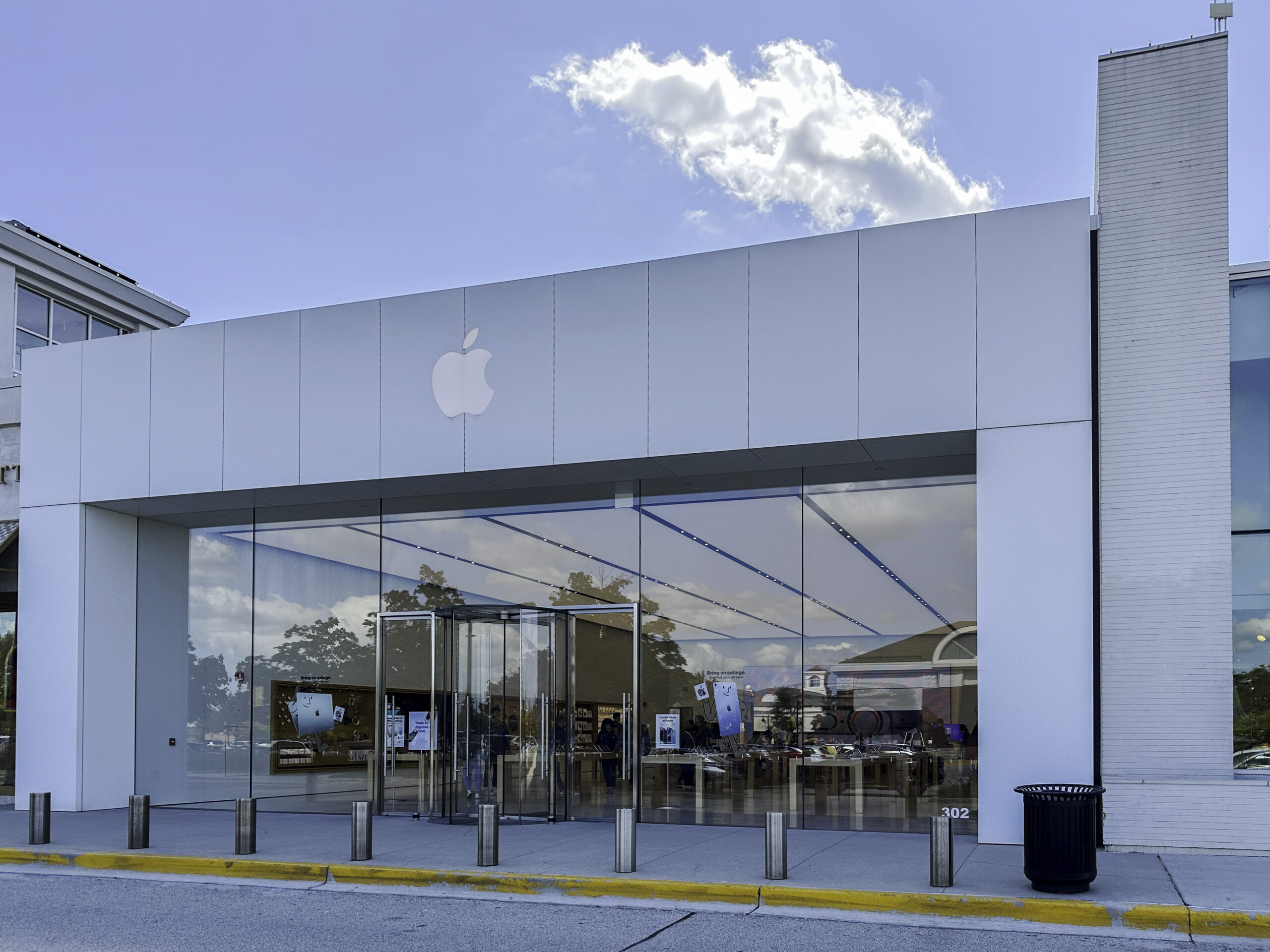Do Losers Win in Washington?
The DC news cycle this week picked up research suggesting that political giving doesn’t pay, a conclusion that conflicts with previous studies showing the disproportionate returns on lobbying expenditures.
The forthcoming study from professors Doug Schuler and Michael Hadani, In Search of El Dorado: The Elusive Financial Returns on Corporate Political Investments, will conclude that “political investments are negatively associated with market performance” and “that cumulative political investments worsen both market and accounting performance.”
The “El Dorado” view, as the paper title implies, is that Washington is a profit center. There are some recent examples of success in this strategy. When Congress extended copyright terms for an additional 20 years in 1998, the decision made a number of valuable early 20th century works, including early Mickey Mouse works, far more valuable by withholding them from the public for an additional two decades. This instantly added millions (perhaps billions) of dollars to the bottom line projections of major rights-holder corporations. Thus, the return on lobbying investment in Washington can be extraordinary if it expands or extends existing government-granted entitlements. Yet Schuler and Hadani seem to conclude this is an exception, not the norm.
Since the full study is not yet available, it is difficult to discern which way the causality is going. In other words, it could be backwards: it is not that industries that lobby heavily perform poorly, but that industries on the decline have responded by lobbying heavily. If so, this would be empirical confirmation of what political scientists have called the “loser’s paradox.” The loser’s paradox holds that declining industries, including those whose business models may have been overtaken by disruption in the marketplace, tend to be disproportionately favored by government action. In Washington – particularly in telecom and copyright, as Prof. Tim Wu once pointed out – it pays to be a loser. Losers in the real market tend to win in the marketplace of influence. But because winning in Washington doesn’t translate into market success, the cycle repeats.
This seems counterintuitive. Why would policymakers favor losers in the first place?
One explanation is that losers are more comfortable investing in lobbying, rather than improving their products and services, because they don’t fear new competition. (After all, who jumps into a declining business?) Winners, on the other hand, fear competition, since their success attracts new entrants. Faced with the ever-present risk of a game-changing innovation – particularly when the competition is a click away – ascendant firms are compelled to invest more in improving their products and services to stay ahead. Thus, successful businesses tend to prefer innovating over devising new political strategies for wringing more dollars out of investments made a century ago.**
A second theory to explain the paradox that policymakers tend to pick losers over winners is that losers have a more compelling story when appealing to policymakers. Declining firms lose jobs. Some go on to invent ridiculous statistics that must be debunked by GAO. Lost jobs spur government action.
Yet don’t tech innovators also tell a compelling story? We know that 88% of American adults turned to the Internet to cope with and understand the current economic recession –looking for jobs, housing options, government benefits, and bargain-hunting. And According to the National Economic Council, expert estimates indicate that the Internet adds $2 trillion to annual GDP, over $6,500 per person. The Internet accounted for 21% of GDP growth in mature economies over the past five years. And that’s only the tip of the iceberg.
Unfortunately, in the market for political influence, this economic success can be a liability. Success stories don’t cry out for government assistance. “These high-tech guys are grown-ups,” policymakers may think. “They can take care of themselves.” Government intervention, therefore, focuses on those who apparently can’t look out for themselves.
The result is that as successful industries, the technology and Internet sectors need to engage in Washington even though engagement may seem unnecessary. This isn’t to get in the handout line with the losers, however, but to ensure that accommodating losers doesn’t come at the expense of jobs and growth in highly innovative industries.
___________________
** (As an aside, it bears noting that Washington Aversion Syndrome is particularly pronounced in innovative technology sectors. Two years ago, in an exchange oddly prophetic of the SOPA battle, Mike Masnick at TechDirt pointed to two competing views of federal government policymaking from Michael Arrington and Anil Dash. Their disagreement arose from Arrington’s dissatisfaction with consultations by the then-recently appointed Intellectual Property Enforcement Coordinator, whose proposals might lead to the federal government ignorantly “p**sing in our flowerbed.” Simplifying greatly: Arrington argued that the government should ‘leave Silicon Valley alone,’ and Dash argued that engaging policymakers is essential. As Masnick pointed out, these views aren’t necessarily contradictory, since it is only by engaging policymakers that the technology industry can avoid overly burdensome regulation that impedes growth and kills jobs. Taking this view, engaging in Washington is a sort of insurance: you pay the premium but hope you don’t need to use your policy.)








